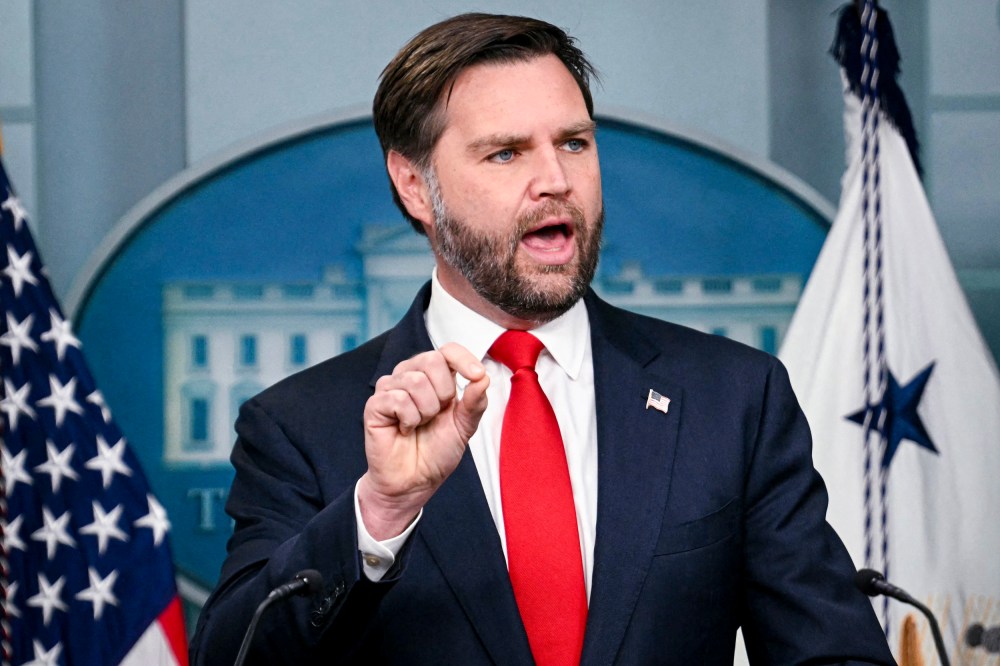As an emergency room physician, I did not expect the current government shutdown to intersect with my occupation. But recently, GOP leaders have accused Democrats (among other things) of shutting down the government to ensure that taxpayer money funds emergency care for undocumented immigrants.
“If you’re an American citizen and you’ve been to the hospital in the last few years, you’ve probably noticed that wait times are especially large and very often somebody who’s there in the ER is an illegal alien,” Vice President JD Vance said. “Why do those people get health care benefits at hospitals paid for by American citizens?” When press secretary Karoline Leavitt was asked whether ERs should check immigration status before treatment, she dodged. “That’s probably not a question for me to answer,” she told reporters. That’s a question for health care professionals and legal experts to answer.”
Well, I am a health care professional. My career has been spent in rooms that do not close. Emergency medicine has a standing pledge: treat anyone, anywhere, anytime, 24/7, 365. That is not just a moral commitment. It is the law.
The operating principle of emergency medicine is straightforward: Treat first, stabilize now, figure out payment later.
In 1986, President Ronald Reagan signed the Emergency Medical Treatment and Labor Act (EMTALA), which requires emergency departments to screen and stabilize every person who arrives, regardless of insurance, income or immigration status. It is one of the quiet triumphs of American health policy because it reflects a simple truth: A decent country does not leave people bleeding on the curb. EMTALA does not permit immigration checks at the threshold. In spirit and in practice, neither should our leaders.
Federal law already excludes undocumented immigrants from Medicaid, Medicare and Affordable Care Act plans and subsidies. EMTALA, on the other hand, is not a benefit. It is a safety standard. Requiring emergency departments to screen and stabilize every patient first — and forbidding any delay in care due to questions about coverage or ability to pay — ensures every human gets the medical treatment they need. The operating principle of emergency medicine is straightforward: Treat first, stabilize now, figure out payment later.
The idea that undocumented patients are the chief cause of delays collapses in the face of reality. The top driver is “boarding” — admitted patients who have to wait in the emergency department because there are no inpatient beds. When hospitals are full, the ER turns into a holding unit. Hallways become makeshift wards. Nurses and physicians split attention between new emergencies and admitted patients who should already be upstairs.

The professional consensus is blunt: Boarding is the primary cause of crowding in ERs and many experts describe it as a public health crisis. It can lead to worse health outcomes, higher rates of burnout among doctors and nurses, and increased costs.
Speaking of costs, there is a grim irony in Vance and others complaining about rising wait times. The “big beautiful bill” pulls billions from Medicaid support that keeps rural and community hospitals alive, even as demand for medical services increases. Nonpartisan analyses project large coverage losses for rural patients as rural hospitals lose tens of billions over the coming decade. Closures do not shorten waits; they send entire towns to the next county’s ER and push that waiting room to the breaking point.











